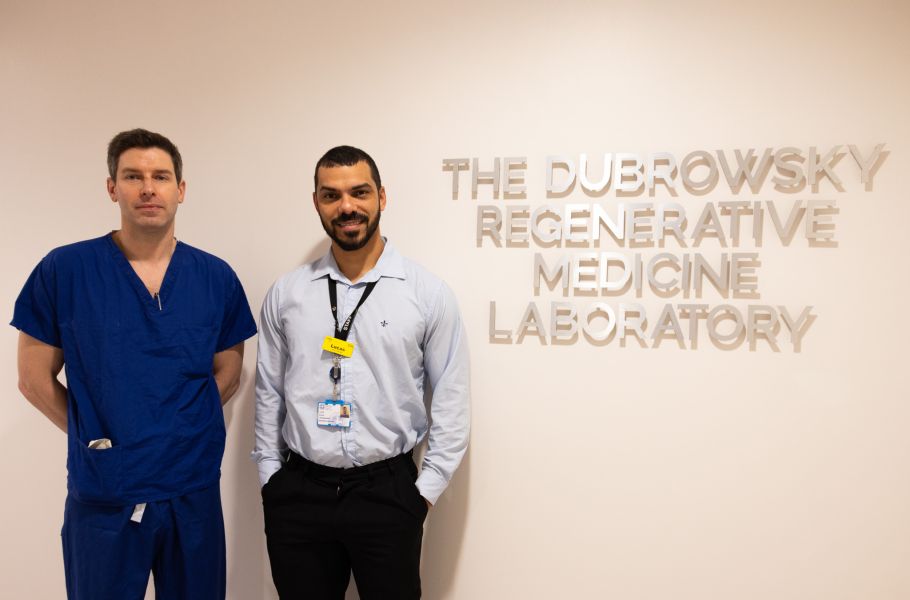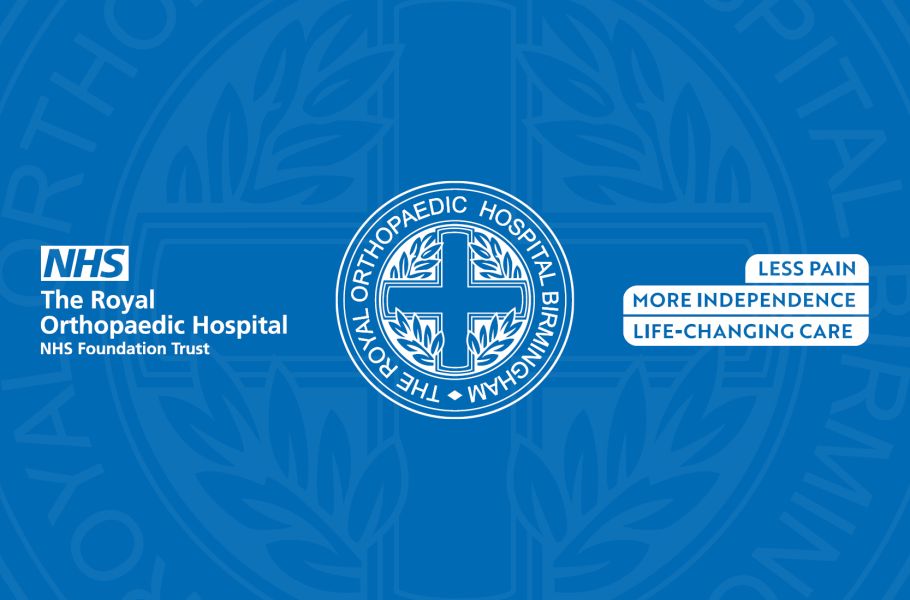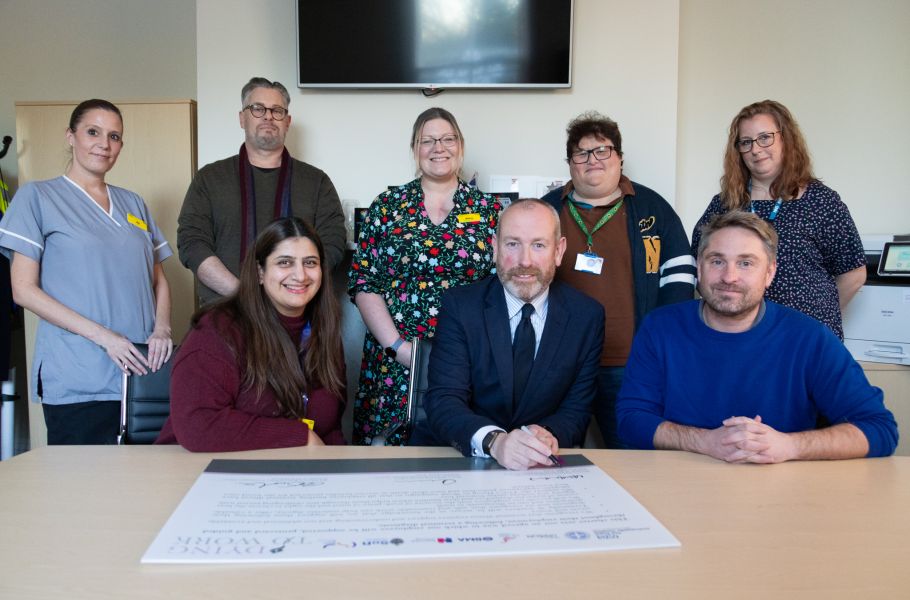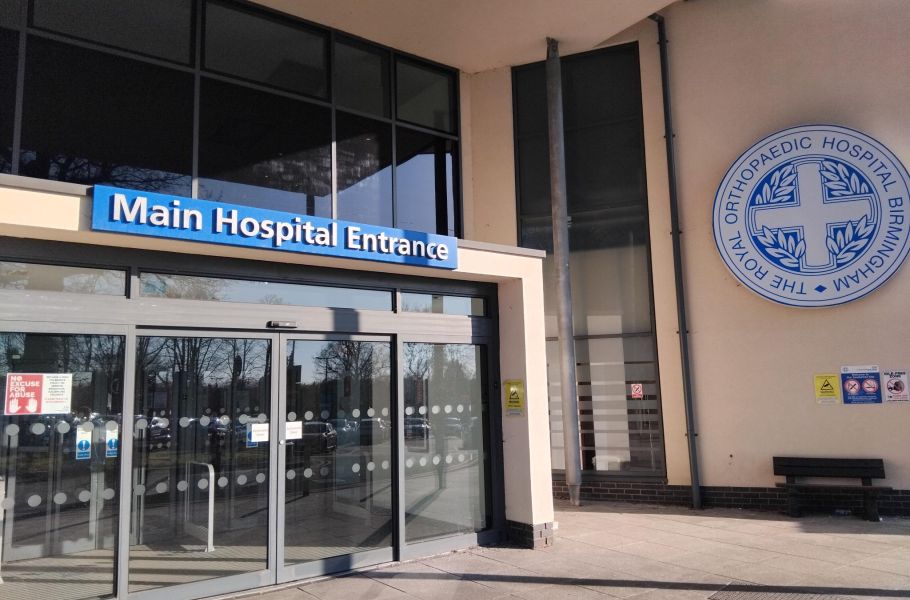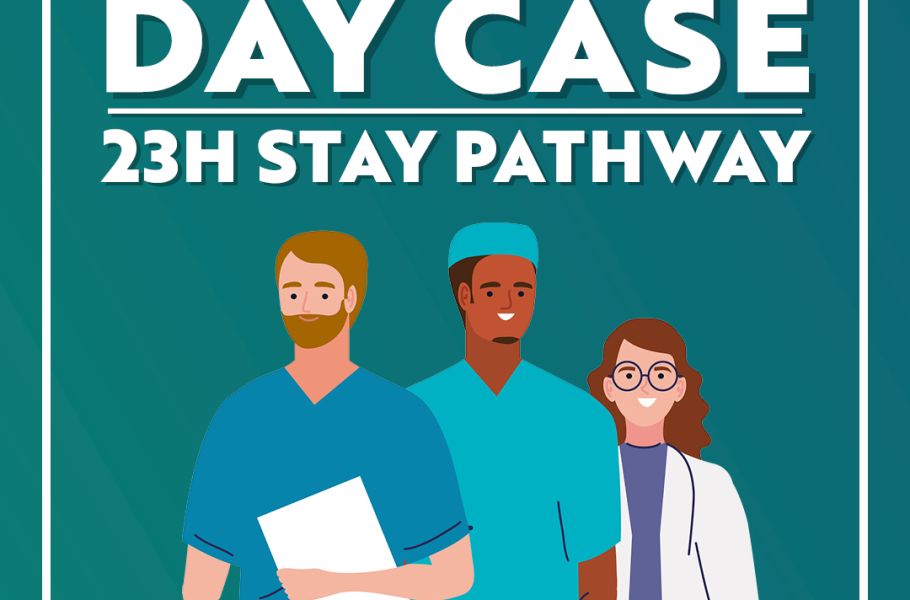Birmingham organisations come together in ground-breaking bone cancer research

Scientists from renowned Birmingham organisations; the Royal Orthopaedic Hospital and Aston University, have come together and developed a medical implant material to improve bone cancer survival rates.
The pioneering Bioactive glass treatment has been developed to treat osteosarcoma, which typically occurs in children and young people.
Ga Bioactive glass is a material which has been formulated with the element Gallium, which is toxic to cancerous cells.
Research undertaken at the Dubrowsky Regenerative Laboratory at the Royal Orthopaedic Hospital has shown that using the new material is toxic to bone cancer cells, and simultaneously kills the bone cancer cells and helps new bone regenerate, all while keeping healthy cells safe.
Dr Lucas Souza, Lab Manager at the Dubrowsky Regenerative Laboratory and researcher at Aston University, conducted research using state of the art equipment at the lab, and has recently published a high impact research paper on the topic.
Lucas said: “Treating bone cancer is complex and challenging. Current treatments have unpleasant side effects and outcomes for patients haven’t really improved significantly during the last 30 years.
Bioactive glasses are materials commonly used in dentistry and for reconstructive bone surgery, but never before with gallium and to treat sarcoma in this way. We found that 40% of saos-2 (osteosarcoma bone cancer) cells were killed within three days of exposure to the gallium doped bioactive glasses. I’m incredibly excited to have worked on this research which could have real impact for patients here in the future.”
Following removal of the cancerous bone oncologists are faced with two main challenges; to prevent local reoccurrence of the cancer and to help bone regenerate.
Professor Richard Martin, who led the research based at Aston University’s Centre for Advanced Material Research, said: “Our research shows that is it possible to simultaneously promote new bone formation whilst also killing cancer cells in the localised area.
Local reoccurrence of these cells can significantly impact cancer survival rates, so it’s really meaningful to be able to reduce the likelihood of cancer reoccurrence.”
The Dubrowsky lab
The Dubrowsky lab at the Royal Orthopaedic Hospital was made possible by a legacy donation of £1.5m to the Royal Orthopaedic Charity, and was officially opened in 2019.
The lab focuses on research into rare bone cancers and orthopaedic treatments.
